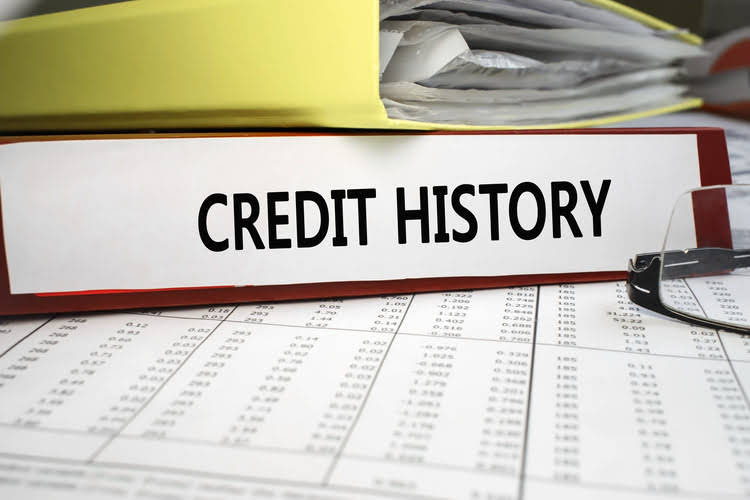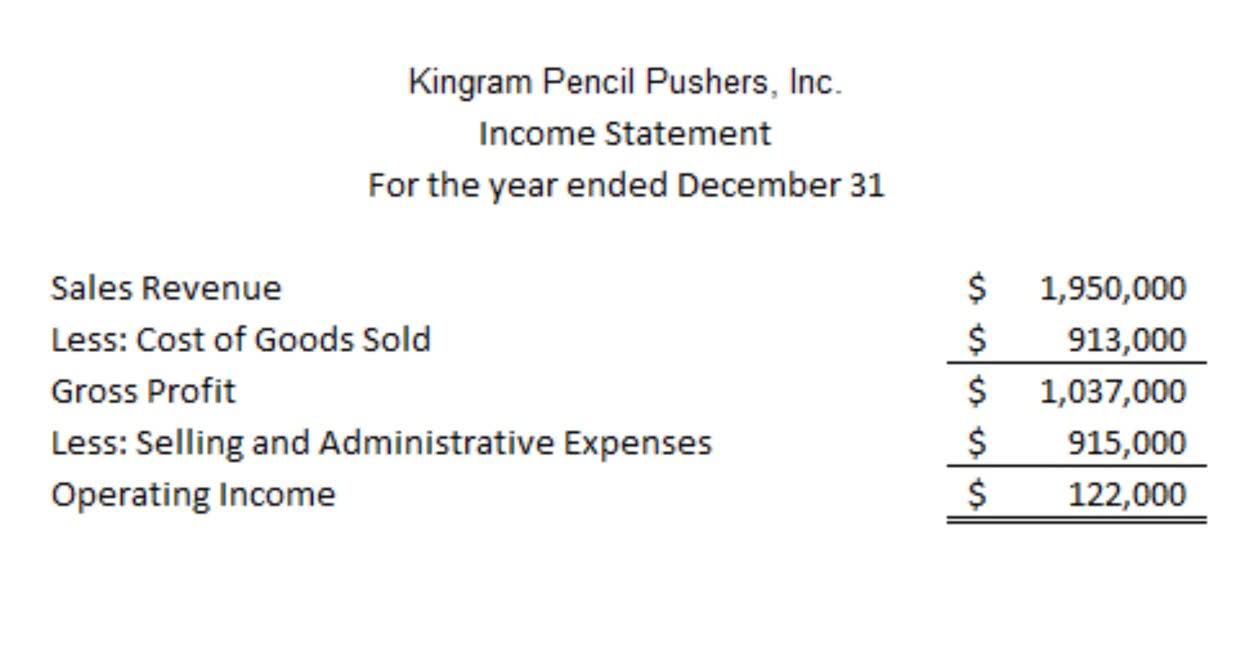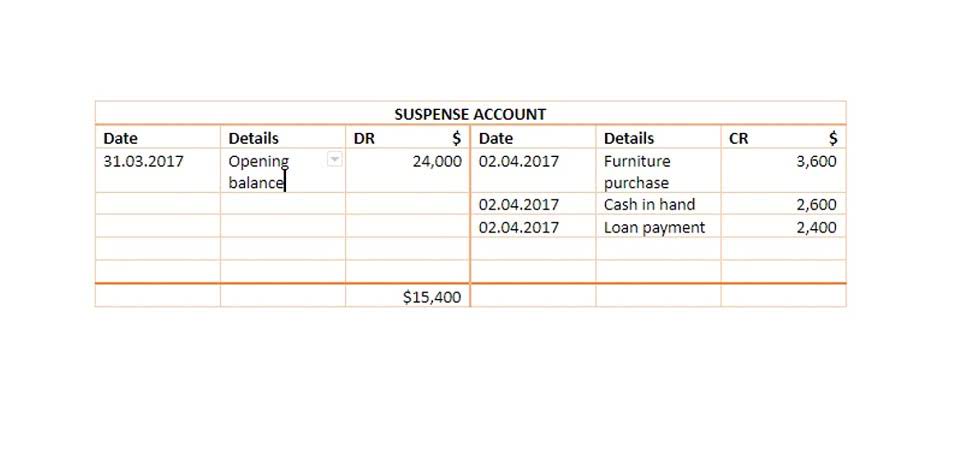
If the net amount is a negative amount, it is referred to as a net loss. That part of the accounting system which contains the balance sheet and income statement accounts used for recording transactions. Journal entries usually dated the last day of the accounting period to bring the balance sheet and income statement up to date on the accrual basis of accounting.
How do you record a depreciation expense?
If the carrying amount exceeds the recoverable amount, the asset is considered impaired and its value is written down, thus ensuring the asset’s stated value is more aligned with its market value. By allocating costs over time, companies present a more accurate and transparent picture of their financial health. This transparency strengthens stakeholder trust and contributes to a company’s CSR initiatives.

Choose the right depreciation method

In accounting parlance, depreciation is referred to as the reduction in the cost of a fixed asset in sequential order, due to wear and tear until the asset becomes obsolete. This method charges based on the production or activities proportion to the total volume that the assets are expected to produce. If you don’t depreciate your asset, you won’t be able to claim the full benefit of the depreciation tax deduction. This deduction relies on claiming annual depreciation—since you can’t claim the full depreciation amount all in one year, you’ll lose out on potential tax benefits. A fixed asset such as software or a database might only be usable to your business for a certain period of time. A depreciation schedule is a schedule that measures the decline in the value of a fixed asset over its usable life.

Production or Activity Depreciation Method:
- The assets must be similar in nature and have approximately the same useful lives.
- If your business makes money from rental property, there are a few factors you need to take into account before depreciating its value.
- More depreciation expense is recognized earlier in an asset’s useful life when a company accelerates it.
- Modern corporations are increasingly held to standards of Corporate Social Responsibility (CSR), which includes transparent and responsible financial reporting.
- Shaun Conrad is a Certified Public Accountant and CPA exam expert with a passion for teaching.
- These provisions are designed to stimulate investment by providing upfront tax relief, thereby reducing the after-tax cost of acquiring new assets.
Depreciation is a standard accounting practice of allocating the cost of depreciation expense meaning an asset over its useful life. Any other expenses incurred before the asset is put to use for the first time. Explore the intricacies of depreciation in finance, from accounting practices to tax implications, and its impact on asset valuation and analysis.

However, if a company’s depreciable assets are used in a manufacturing process, the depreciation of the manufacturing assets will not be reported directly on the income statement as depreciation expense. Instead, this depreciation will be initially recorded as part of manufacturing overhead, which is then allocated (assigned) to the goods that were manufactured. Note that the account credited in the above adjusting entries is not the asset account Equipment.
- The revenue growth rate will decrease by 1.0% each year until reaching 3.0% in 2025.
- Companies are required to report on the methods used for calculating depreciation and the reasons for selecting those methods.
- If the equipment continues to be used, no further depreciation expense will be reported.
- Following are examples where the depreciated amount is calculated using different methods.
- The accounting profession has addressed this situation with a mechanism to reduce the asset’s book value and to report the adjustment as an impairment loss.
When more efficient equipment becomes available, old equipment might become obsolete. Number of units consumed is the amount that you used in a given year—in this case, perhaps your machine produced 30,000 products, so you would have used 30,000 units. Salvage value is the amount you expect to be able to obtain for the asset at the end of its usable life.
Tax Implications of Depreciation
I recommend consulting with your CPA or financial advisor regarding depreciation of newly-purchased assets. By lowering tax liabilities, a significant portion how is sales tax calculated of cash remains within the business. This cash can be channeled towards growth-enhancing initiatives like research and development, expansion, or marketing efforts.
- When you claim depreciation on your business assets, you’re essentially reducing your taxable income, which can lead to substantial tax savings.
- A company can use one of several depreciation methods available to allocate the depreciation cost yearly.
- They can provide personalized guidance based on your unique business circumstances and assist you with understanding depreciation and tax regulations.
- Depreciation stops when book value is equal to the scrap value of the asset.
- Now, find out the depreciating amount using the units of production method.
This could flag potential sustainability issues for the company in the long-term. Ramp’s accounting automation software integrates with leading account software like QuickBooks, NetSuite, Xero, and Sage Intacct, making budgeting, reporting, and planning easier and more accurate. Our platform tracks all your business spending and automatically categorizes expenses, helping you identify trends and make more informed financial decisions.
Your choice of depreciation method can affect how your financial statements appear. The straight-line method provides steady depreciation expenses, which can lead to more consistent reported earnings over time. Depreciation expense refers to the portion of a fixed asset’s cost that is allocated to a specific accounting period, typically a year or a quarter. It represents the gradual decrease in value of an asset over time due to factors such as wear and tear from regular use, technological obsolescence, and passage of time. Depreciation moves https://www.bookstime.com/articles/equity-method-of-accounting these costs from the company’s balance sheet (where assets are recorded) to its income statement (where expenses are tracked).